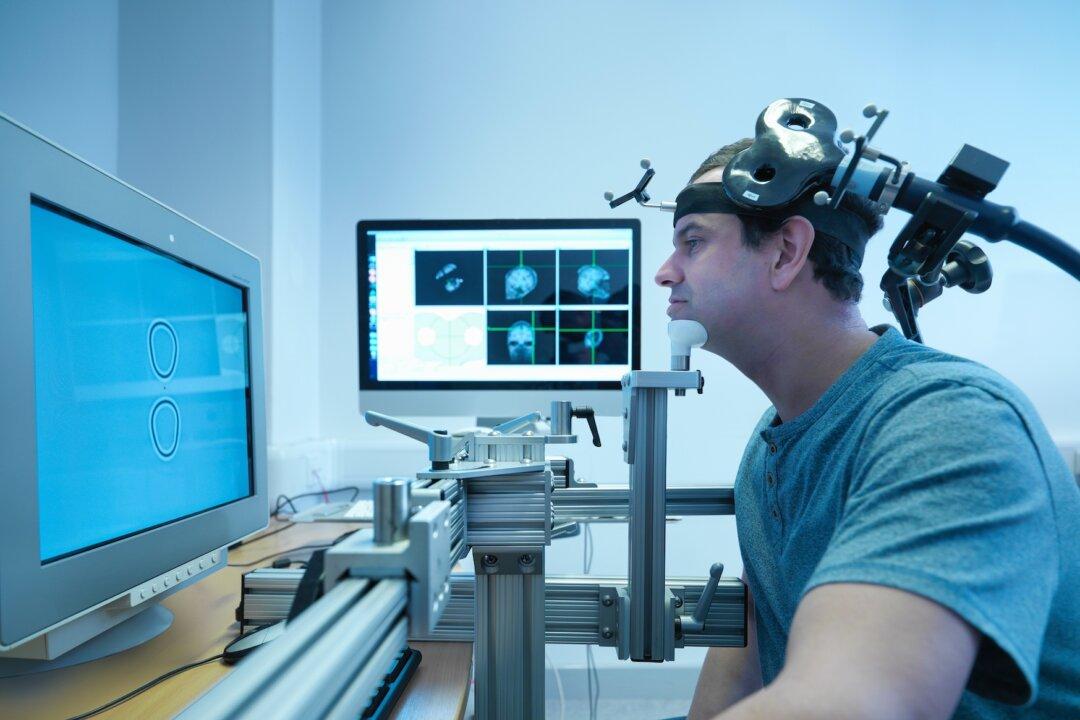A young person I know felt so depressed that she thought about ending her life every day. She planned how and where she would crash her car and fantasized about putting on dark clothing and walking onto the highway at night so a driver would hit her. She felt anxious and hopeless, certain that she knew she would never feel happy again.
The only thing that kept her from dying by suicide, she told me, was the thought of how devastated her mom, dad, and younger brother and sister would be.






